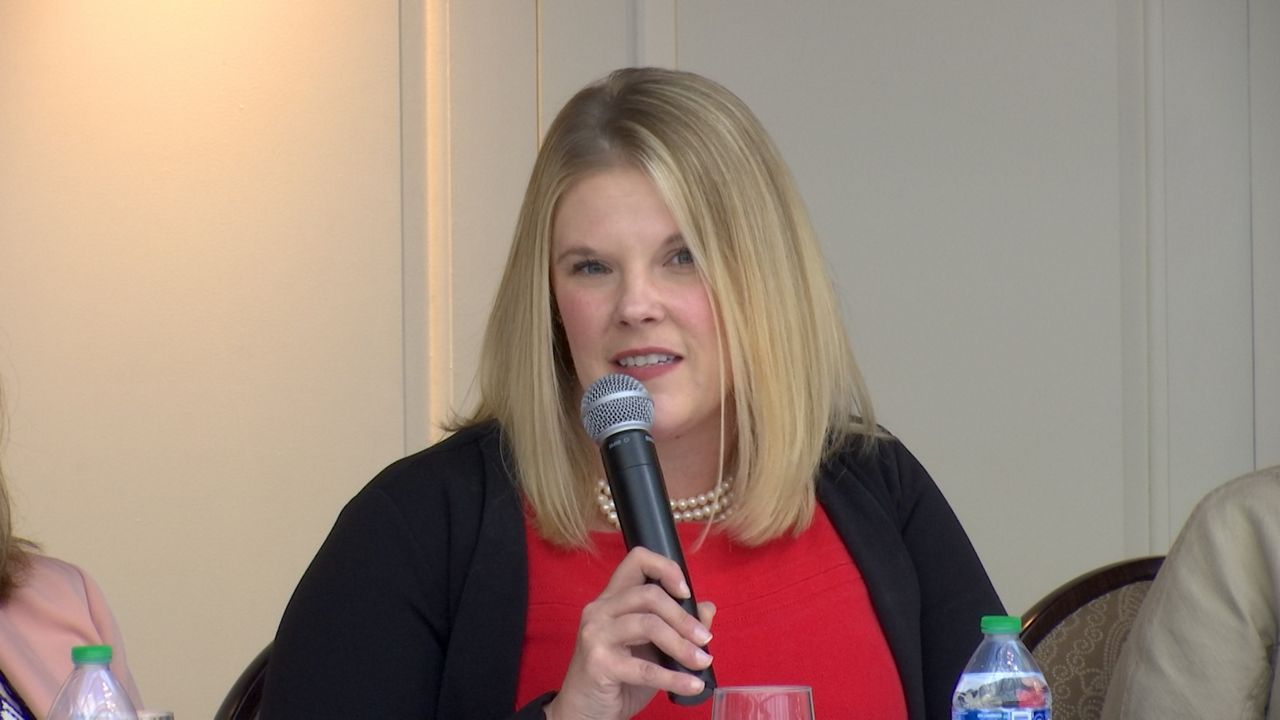MADISON, Wis. — A Wisconsin judge, who sided with Republicans in a ruling last week, is standing by his decision that state law doesn't allow election clerks to fill in missing address information on absentee ballot envelopes. The process is commonly referred to as ballot curing.
The Wisconsin Elections Commission, Waukesha County Democratic Party and the League of Women Voters of Wisconsin wanted Waukesha Co. Circuit Court Judge Michael Aprahamian to put his ruling on hold with the fall election approaching. However, Aprahamian declined to do that Tuesday, which means the case is likely headed to the state Supreme Court.
The state's elections commission will now have to change its guidance, which has been in place since 2016, given that current state law does not define the components of an address.
“Essentially what it does is it allows our municipal clerks to, if they have reliable information on a witness' address, to be able to add that information to the absentee certificate,” Wisconsin Elections Commission Administrator Meagan Wolfe explained of the current guidance used for the last two presidential elections. “Clerks are never making changes to a voter's ballot. That is something that cannot happen. That is something that does not happen.”

Missing information on absentee ballot envelopes happens, but during a WisPolitics event Tuesday, local clerks said it is not as common as people might think.
“In August, we did have an instance where we had a few certificates that the witness did not put their zip code and our poll workers, everybody thinks they're sitting back there not doing anything, they took about 20 minutes discussing back and forth whether or not they should process that ballot because of the zip code missing,” City of Portage Clerk Marie Moe said.
A change in state law would provide more clarity about what's needed for a complete address when those situations arise.
Generally, addresses are used to assist investigations of potential fraud, which is why some elections officials said all the information isn't necessary as long as where someone lives is apparent.

“For us, for our board of canvass, if it said 123 Main St., 53703, that's fine,” Dane Co. Clerk Scott McDonell said. “We know exactly where that is, or if it just said Madison, we don't need a zip code. But this is the thing: if you're a candidate and down 10 votes, then 'Oh my God, it has to have a zip code.'”
The Wisconsin Elections Commission scheduled a meeting Tuesday night to discuss new guidance for local clerks to comply with the latest court ruling.



